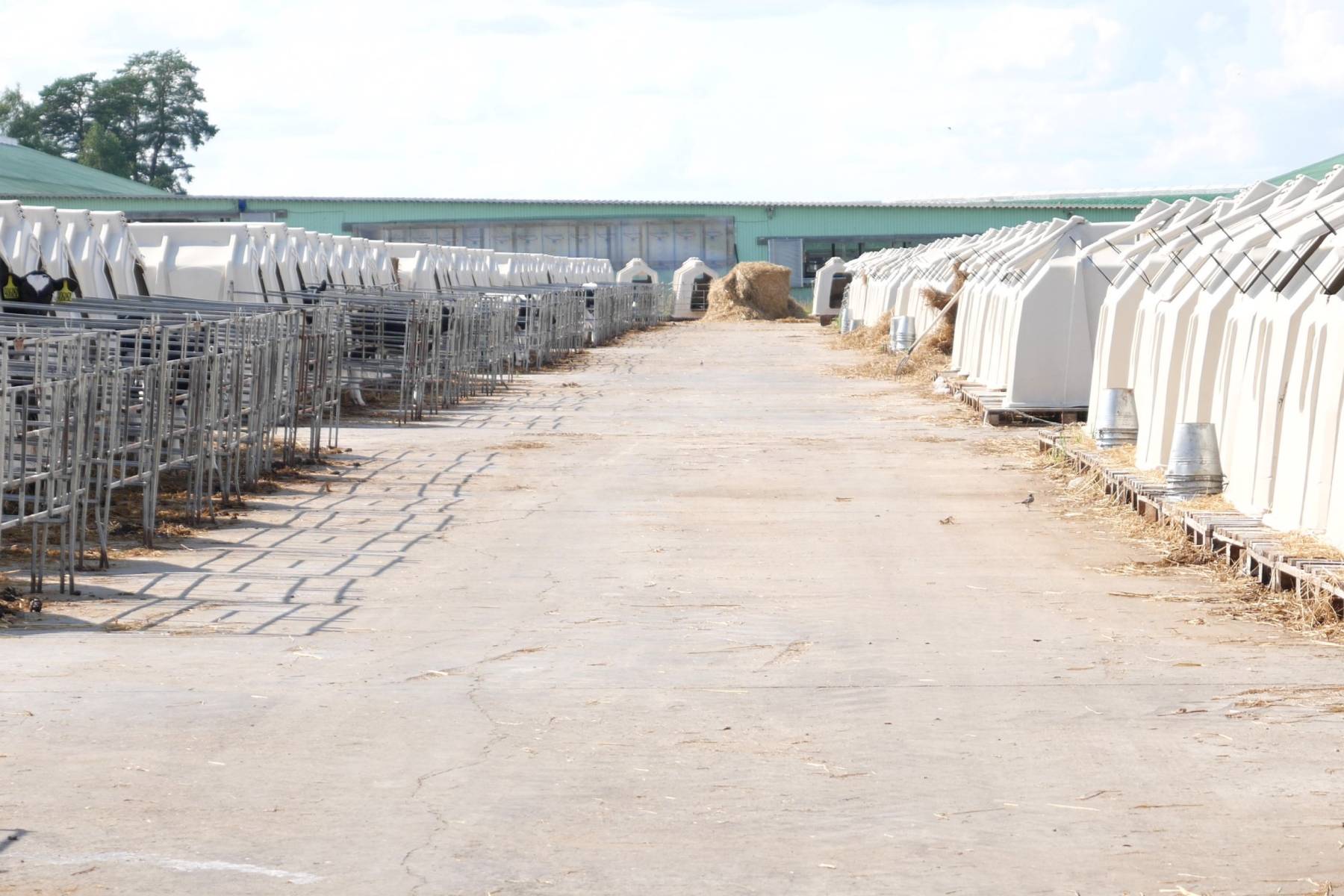Why cutting costs on the farm is risky

The Dairy Production Analytics service was created to help farmers organize their work as efficiently as possible, that is, with the available resources, to achieve maximum results.
To explain the role of data in optimization, imagine that in a dairy farm, a manager or owner monitors milk yield.
As soon as the indicators of milk yield fall, along with them, sales fall and profit decreases. The owner makes a logical, as it seems to him, decision - to reduce costs, for example:
- Buy feed cheaper
- Give cows less feed
- Reduce staff salaries,
- Cut back on veterinary spending
- Reduce other costs of keeping animals.
The farmer expects that lower costs will optimize the balance sheet and increase net income. In reality, the described actions will lead to even less milk yield, digestive problems and other diseases, and, as a result, to a decrease in the quality of milk, which means that incomes will continue to fall. In addition, such actions will lead to increased negligence among staff and even outright sabotage, and savings on feeding and veterinary medicine will simultaneously increase the burden on staff to eliminate the consequences.
If the manager or owner of the farm had access to the analytics, he would be able to understand the reasons for the decline in milk production and take measures to eliminate them. In our experience, most of the reasons for lower yields can be addressed with little or no cost. The most common reasons for a decrease in milk yield are:
1. Animals freeze. In the cold season, the employee does not close the gate, for example, when the feed dispenser drives in, the cows freeze all the time when the feed is dispensed, the milk yield drops. To eliminate the cause, it is enough to monitor the closing of the door or the temperature readings inside the farm.
2. Animals get heat stress. In the hot season (or in hot countries), another problem is observed - it is hot and humid on the farm, such a temperature and humidity regime is very harmful to the condition of the cow, so milk yield also falls. Therefore, it is necessary to monitor the THI and cool the animals, for example, with the help of air conditioning and ventilation systems.
3. Animals do not consume enough water. This usually happens due to the fact that the drinkers are dirty or the water temperature is not comfortable enough for the animals.
4. Feeding intervals or feed quantities are violated. There is an optimal feeding regime, in which the milk yield is maximum, but it happens that the rules are not followed, then the milk will be less than possible.
5. Milking intervals violated. Similarly to the previous point, if the regime is not observed, milk yield drops.
The Dairy Production Analytics service allows you to track and promptly correct such reasons for the decrease in milk yield. With the help of sensors, he collects and combines the necessary information, allowing the manager to quickly respond to changes in indicators.
The service has a notification function: the responsible employee will receive SMS and e-mail if there are deviations from the ideal model. If the violation is not corrected, a notification will be sent to the manager and then to the owner of the farm. Thus, the reasons for the decrease in milk yield will be corrected without additional costs.
¿Hay preguntas?
Contacte nuestros expertos para informaciones detalladas
